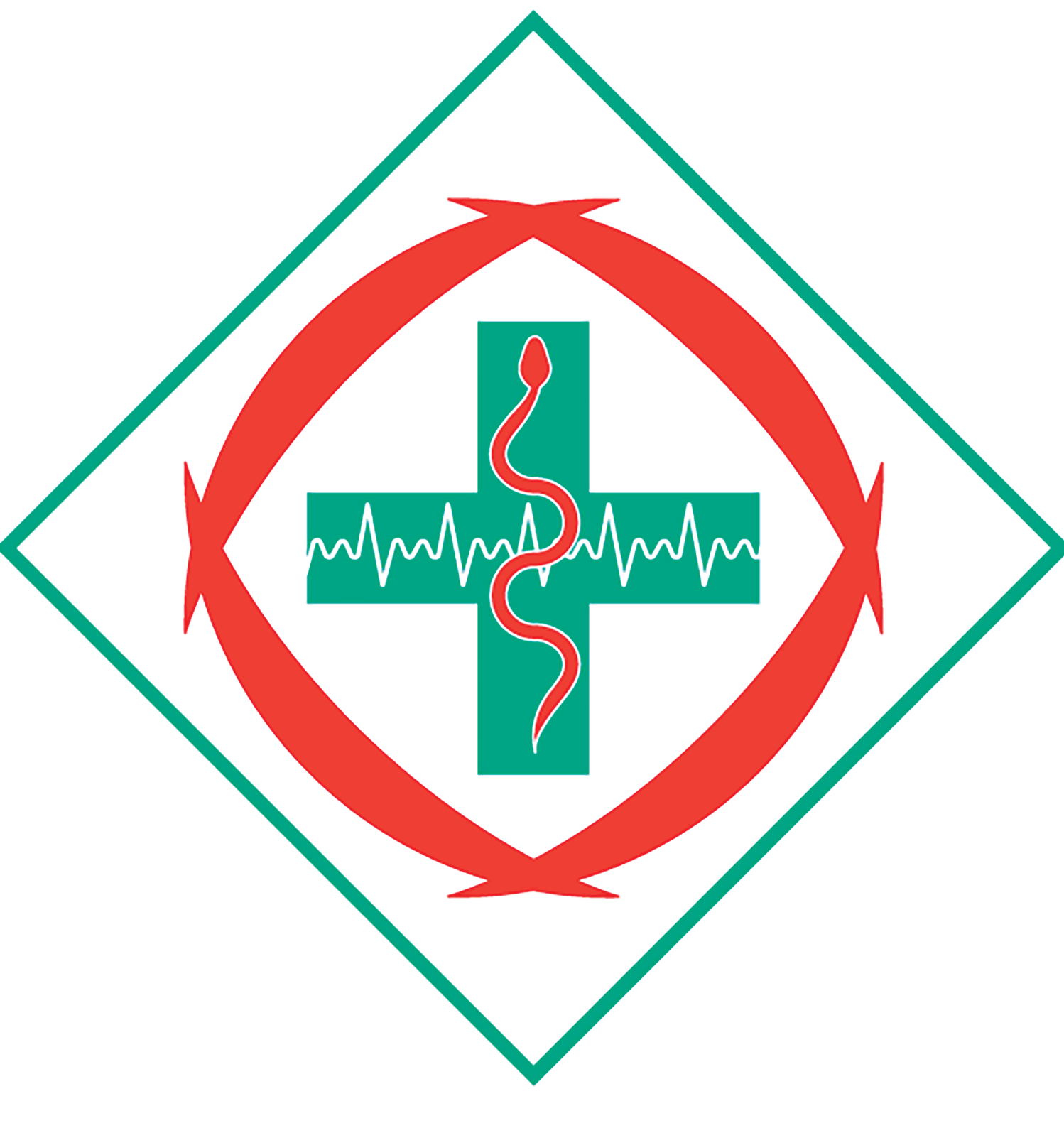An overhaul of the MBS must seek to reward GP expertise
I still remember some of the days during my formative years as a medical student, very clearly. I trained in a developing country, Pakistan, where partly due to lack of adequate medical facilities, doctors had to be very efficient as well as everything else.
Some of my professors, especially is surgical units, used to conduct outpatient clinics “on foot”, where they would “see” up to 100 patients in a session. It was a kind of tertiary triage to decide the urgency of patients’ needs.
The professor would lead a team of up to a dozen junior interns, residents and registrars around the unit. They performed the role of “scribes” .
At least one of the junior doctors would have to prepare a concise, but useful, history of each patient’s complaint and the examination’s findings. They would have to recite the salient points while the professor observed, and if necessary, briefly examined the area of interest to decide on the urgency of any action required.
As well as carrying out the required triage, this was a pragmatic way of teaching. The professor would pick out the usefulness of the points in the history and the relevance and accuracy (or otherwise) of examination findings. He would then agree or disagree with the presented differential diagnosis.
The value of the opinions and conclusions made by those professors were not measured by the time spent on reaching the conclusions, but by the outcomes.
In another method, they would sometimes merely put their hands in their pockets and walk from operating room to operating room, observing the progress of surgery being carried out by more advanced trainees and pick on their performance and techniques.
I assume they were paid a fixed amount whether they processed 10 or 100 cases in one session. You could well imagine what would have happened had they had the incentive or inclination to listen in full to the waffling of an intern struggling to present a coherent history, because in such a scenario, the
result would only have been an ever-increasing queue in the outpatient department.
By contrast in Australia, there has been discussion within the RACGP about trying to refine a time – based MBS (1).
The length of time taken to sort out a patient’s problem is not necessarily an indication of quality of the consult. It depends more on the expertise and experience put to use during the consult.
How easy would it be to sit back and let the vague historian waffle on to qualify for a higher MBS?
Would this scenario necessarily have a better outcome anyway?
It sometimes takes me only five minutes, to untangle a complex history and come up with a list of differential diagnoses.
But this is the result of being on the job for 30 years and it should be belittled nor should it be rewarded less than what a less experienced doctor may receive for spending a longer amount of time on the issue.
There has to be a better way to reward skill and expertise. Obviously other factors –not just time – have to be taken into account in any MBS overhaul.
Dr Tony Marshal
Australian Doctor; 19 June 2015



